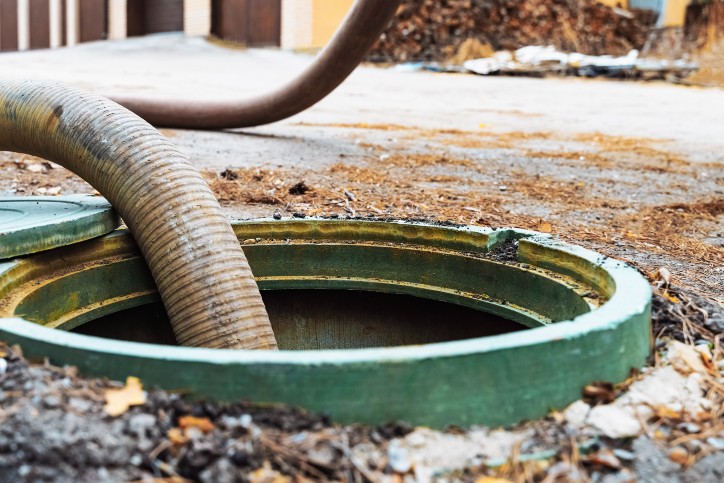How To Keep Fats, Oil, & Grease Out Of Your Septic System
Fats, oils, and grease — commonly referred to by the acronym FOG — are waste byproducts of cooking that often come from meat, dairy, butter, cooking oils, and sauces. When FOG gets into your septic system, it solidifies and sticks to the inside of your pipes, potentially leading to slow drainage, clogs, septic backups, and even costly system damage. Fortunately, a few simple habits and precautions can go a long way toward preventing FOG-related septic issues. Below, Jones Plumbing & Septic Tank Service shares four ways to protect your septic system from FOG!
Jones Plumbing & Septic Tank Service has provided home and business owners in Gainesville, FL, with reliable septic tank services for over 30 years. Contact our septic tank company today to schedule an appointment!

Dispose Of FOG Properly
Never pour fats, oils, or grease down the drain — not even with hot water and soap. While hot water might temporarily move FOG down the drain, they don't prevent it from solidifying and sticking to pipes further down. Instead, you should pour grease into a heat-safe container, such as a glass jar or a tin can, and then dispose of it in the trash before it solidifies.
Scrape Dishes Before Washing
Even small traces of FOG on your plates, bowls, and pans can add up over time and cause you septic problems down the road. To prevent this, before washing your dishes — whether by hand or in the dishwasher — you should scrape off any food scraps and grease into the trash can. Doing this will help reduce the amount of grease that gets into your plumbing and septic system, and it also helps your dishwasher work more efficiently.
Use A Sink Strainer To Catch Food
Sink strainers are inexpensive, easy to install, and highly effective at protecting your drains from clogs and FOG buildup. They sit at the mouth of your sink's drain and catch leftover bits of food and grease before they can slip down the drain and cause issues. Opt for a fine-mesh strainer and empty it into the trash can after washing the dishes. Sink strainers are simple, convenient tools that can prevent a lot of unnecessary buildup inside your pipes.
Consider Installing A Grease Trap
If you run a business in the food industry, a grease trap isn' just a smart investment — it's often required. Grease traps capture fats, oils, and grease before they enter your plumbing and septic systems, preventing clogs and other issues. These traps are designed to handle the high volumes of FOG produced in commercial kitchens and need to be cleaned regularly to remain effective.
Need your grease trap cleaned? Jones Plumbing & Septic Tank Service offers grease trap cleaning and maintenance services across Alachua, Levy, Gilchrist, Columbia, and Dixie County. Contact us today to schedule service!
